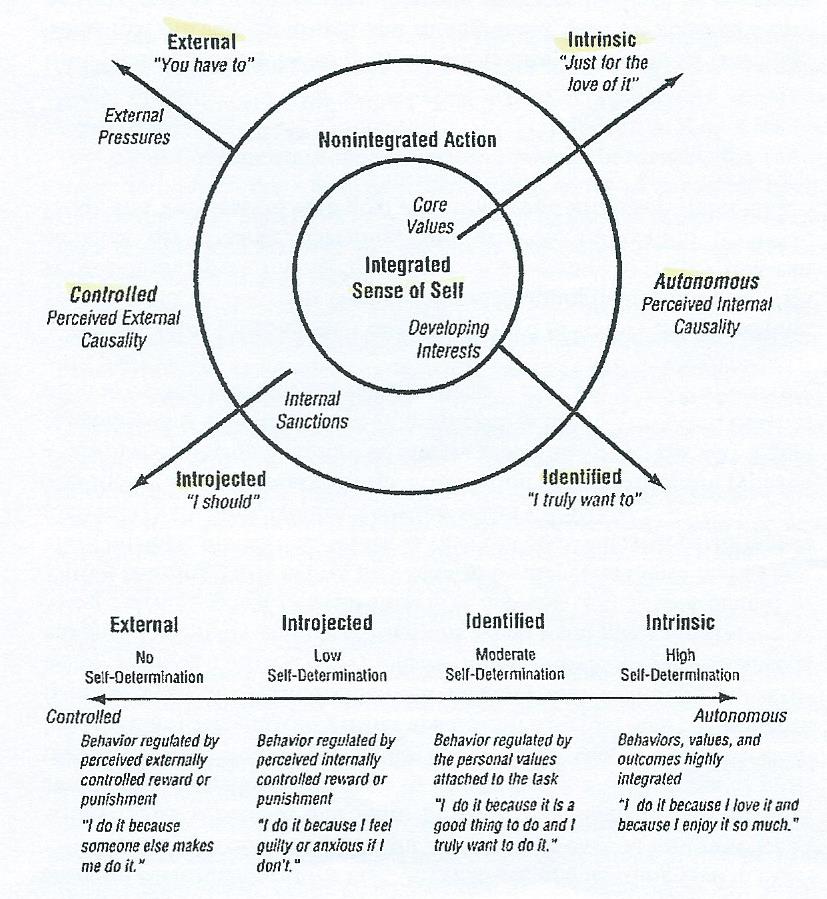Photo: http://www.runnersworld.com/running-tips/set-realistic-goals-new-yearFor the second time this week I went for a run at my local jogging track early in the morning. I really love the feeling of being fresh and alive to prepare me for the day ahead and also having the space to think while running outdoors. With the deadline for this blog post coming up my train of thoughts naturally revolved around which topic to forcus on, which I have yet to pin down. As I settled into the rhythm of my jog it suddenly dawn on me…how did I manage to get up so early this morning, in the winter cold of 12˚C (this is considered cold in Hong Kong, with wind from the North coming from Siberia) to do my getting-regular run, when I could have just stayed in my warm bed? Having the sun out after days of rain obviously helped, but there has to be more to it than that.
No one made me do it of course, although I did have the occasional remarks from those close to me that I have gained weight since the winter started and that I probably should start doing some more exercise to become fit again. Would that have made me start the running habit? Probably not since I am not one who can easily change behaviours if I do not believe the change is something I really want and for very personal reasons.
Wait a minute, haven’t I been telling myself that I needed to get healthier? Yes…but then I have been telling myself that for at least a few years now, and see what I have to show for it…not much. So what was it that finally convinced me to take the plunge? It finally occurred to me, that I must be enjoying it, as running makes me happy and feel really alive…especially in these cold winter days.
Stober & Grant (2006) Evidence based Coaching Handbook, p.164.This reminded me of the ‘Self-concordance Model’ and how it relates to setting effective and sustainable goals. Proposed by Sheldon and Elliot (1998) which builds on the ‘Self-determination Theory’ derived by Deci and Ryan (1980), self-concordance refers to how closely a goal is aligned with someone’s closely held interests, motivations, and values. Across a spectrum of how closely a goal is intrinsically generated or externally imposed (per lower part of the attached figure), goals can be classified into four main levels: those goals which are more intrinsic (out of love for something) or identified (I really want it) are more related to someone’s core values or interests, thus would attract greater and more enduring motivation towards them than those which are more introjected (I should) or external (you have to). In striving towards a goal, reward for an instrinic goal would thus be more immediate, joyful, and aligned with someone’s core values than an external one where its striving would be more related to the avoidance of punishment (by self or others) or rewards from an external source.
For me, I really love the feelings running gives me – being happy and alive, with a sense of achievement in being self-disciplined – and I would say I am now enjoying running even more and more willing to commit to running regularly. Connecting running with the rewards I really enjoy and believe in helps me transform a goal into a commitment that I gladly own and I believe this will be one new year resolution that I will be keeping.
Food for thoughts:
- Is there something you love doing so much that you would gladly do it for free, or keep at it despite great challenges?
- How would this knowledge help you decide on your new year resolution? What goals will you make for yourself and how would you structure it?
- If setting goals for others is part of your job, how would you do it differently now so your people would be more motivated to give their best?
Reference:
Deci, E L & Ryan R M (1980) ‘Self-determination theory: When mind mediates behavior. Journal of Mind & Behavior, 1(1), 33-43.
Grant, A M (2006) ‘An integrated goal-focused approach to executive coaching’, in D Stober & A M Grant (Eds.) Evidence-based Coaching Handbook, 153-192. New York: Wiley.
Sheldon, K M & Elliot A J (1998) ‘Not all personal goals are personal: Comparing autonomous and controlled reasons for goals as predictors of effort and attainment. Personality & Social Psychology Bulletin, 24(5), 546-557.







